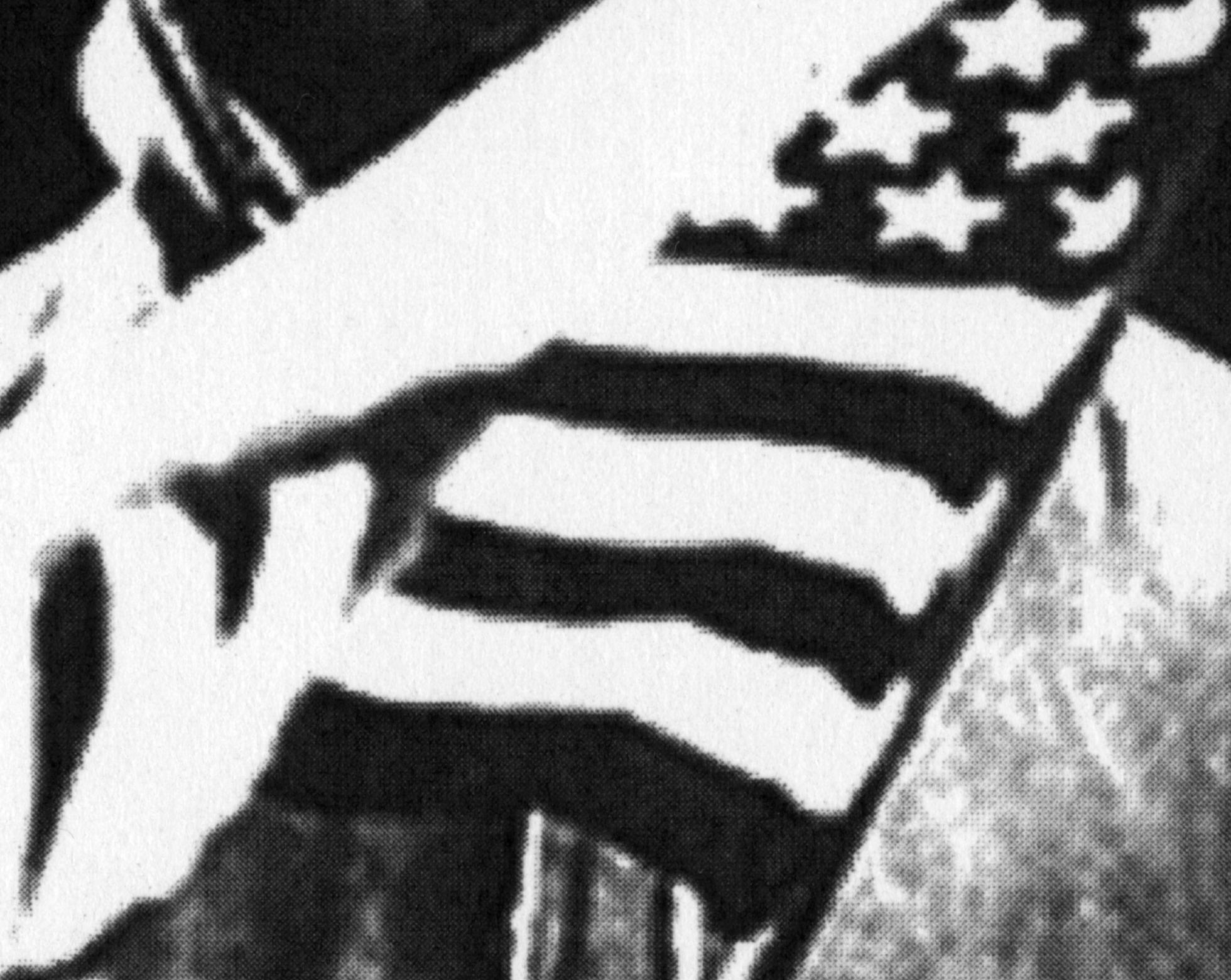This piece weaves together a (his)tory of resistance against racism from the 1960s to the present day. Poetic and political, it takes the form of a sound collage composed of recorded sounds, interviews, archives and original musical compositions structured by excerpts from the short story Whatever happened to interracial love? by the African-American film-maker and writer Kathleen Collins.
Happy is the nation that has no history
Find out more
Happy is the nation that has no history is a piece that pays tribute to the resistance against racial discrimination from the 1960s to the present day, notably in the USA.This radiophonic piece is a sound collage that is alternately literary, musical and historical. Poetic and political, it is structured by the short story Whatever happened to interracial love? by the African-American filmmaker and writer Kathleen Collins.
Written at the end of the 1960s, this short story anchors us in the intimate heart of the subject: an apartment in New York City shared by two roommates with different colored skin. It’s 1963, a landmark year in contemporary history – when an entire generation worked and aspired toward a society of absolute equality, fraternity and solidarity. Idealism took shape. Nothing was trivial. Each gesture toward the “other”, each act against the segregated society involved enormous risk.
That precise moment in time, those young people (as well as their descendants), their passion, audaciousness and weaknesses are brought into the spotlight: heart, fire, flesh, courage, idealism and utopia. They did not perhaps totally succeed in the moment, but the path they opened is forever there for us to follow and forge on.
In the piece we discover a multitude of voices and perspectives : journalists, researchers, scholars, artists, “normal” people, people like us. Because perhaps resistance is also to be found in a plethora of seemingly ordinary acts: transmitting information, thinking, looking a little closer, creating and simply talking together.
You could say that it is an American story. But let’s consider America as an archetype, its myth part of our common history. And as Carlso Fuentes said, “The myth is a past with a future that acts on the present.”

Merci pour votre contribution.
Vous serez informés de sa publication ou d’une éventuelle demande de compléments.













